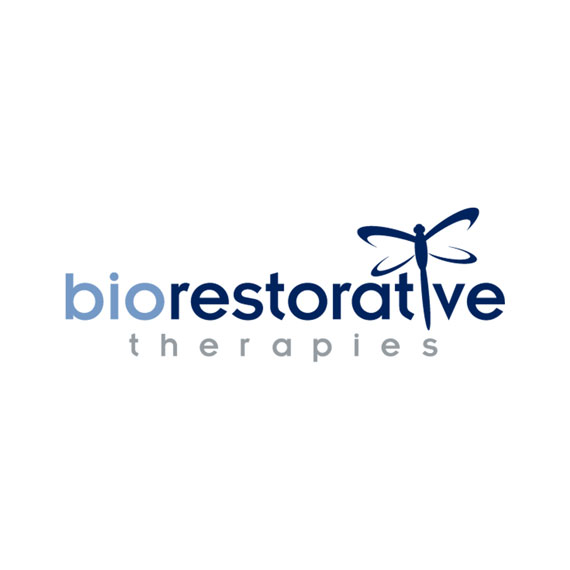
BioRestorative Therapies (NASDAQ:BTRX) presented advancements in its metabolic program, ThermoStem, targeting obesity and metabolic disorders, at the 21st Annual International Federation for Adipose Therapeutics and Science (IFATS) Conference in Pittsburgh this past weekend.
The presentation, titled Brown Adipose Derived Mesenchymal Stem Cells (BADSCs), a Cell-Based Therapeutic as an Alternative to Glucagon-like Peptide-1 (GLP-1) Agonists to Treat Obesity, was delivered by Francisco Silva, chief scientist and vice president of research and development at BioRestorative.
In a research note issued today, Roth MKM managing director and senior research analyst, Jonathan Aschoff, Ph.D., explained that BioRestorative has developed ThermoStem, comprised of brown adipose-derived stem cells (BADSC) to treat obesity and other metabolic disorders. By contrast to white fat cells, brown fat cells burn, rather than store, energy, and are in fact brown due to the high amount of iron contained within their numerous energy-burning mitochondria. Brown fat cells are responsible for helping maintain body temperature by producing heat, explaining why elevated levels of brown fat increase metabolism and facilitate weight loss, and, in so doing, reduce glucose and lipid levels. Individuals with more brown fat may therefore have a reduced risk for obesity and diabetes.
“We were very pleased to have the opportunity to share the details of our exciting brown fat stem cell technology platform at IFATS 2024,” Mr. Silva commented. “We believe that cell-based therapy candidates generated from our ThermoStem metabolic disease program may allow for lower dosing, and while current GLP-1 based obesity drugs result in a loss of 20-40% lean muscle mass of total weight loss, pre-clinical studies have demonstrated that brown fat activation leads to positive effects on several organs, including heart, liver and muscle.”
Dr. Aschoff wrote, “This past weekend, BRTX presented its Thermostem progress at the Annual IFATS Conference, which outlined the issues with generation 1 GLP-1s and described the potential benefits of using BADSCs for weight loss and other metabolic disorders. The presentation discussed ThermoStem Generation 2 (encapsulated BADSCs) which should improve performance, thus facilitating business development and a path to clinical investigation. Recall that BRTX is far along in negotiating certain ex-U.S. rights to its ThermoStem program with an ex-U.S. regenerative medicine company.”
In May 2024, BioRestorative revealed the development of a novel exosome-based biologic program targeting obesity, with plans to initiate the formal FDA process for its ThermoStem-based therapeutic candidate by filing a Drug Master File (DMF). Following this announcement, BioRestorative reported that it had begun substantive discussions with an undisclosed commercial stage regenerative medicine company with regard to a potential license of BioRestorative’s allogeneic, off-the-shelf ThermoStem metabolic intellectual property. When making the announcement, and in subsequent press releases, BioRestorative advised that discussions are ongoing, no assurances can be made as to whether a license agreement will be entered into on commercially reasonable terms, or otherwise.






